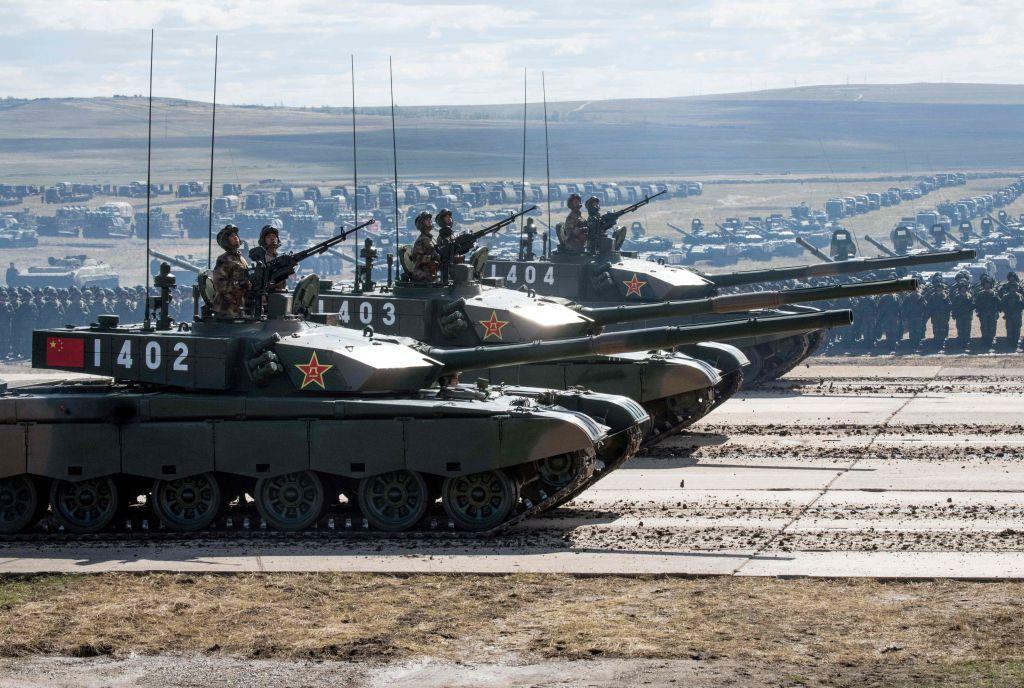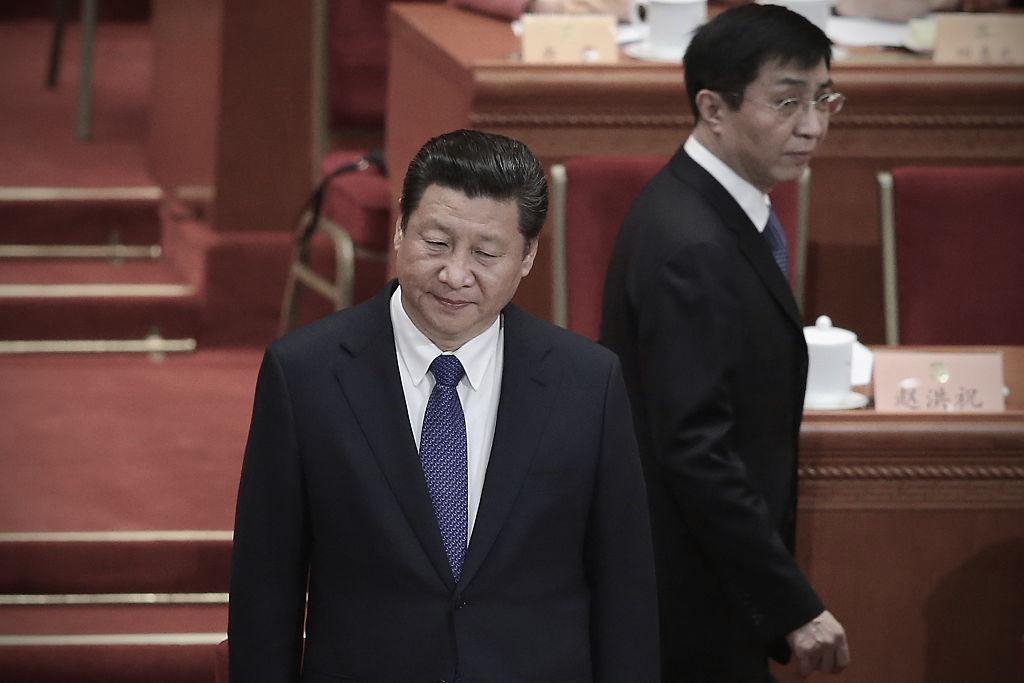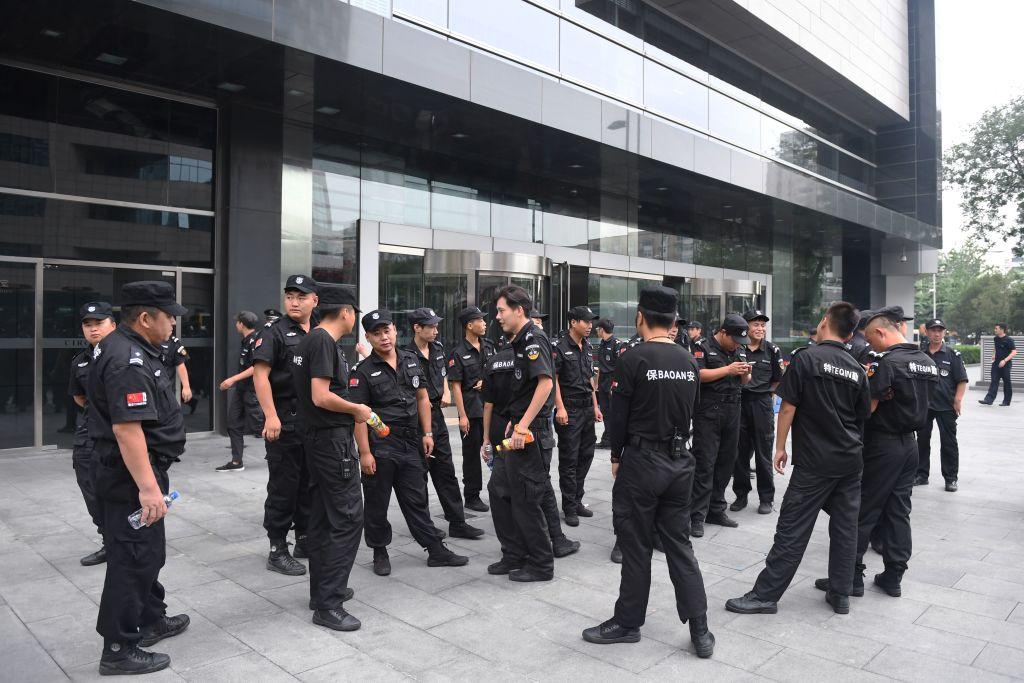WASHINGTON—U.S. policymakers have difficult decisions to make with the awareness that the Chinese Communist Party’s long-term efforts to become a dominant global power have put at risk the national security and economic interests of the United States, its allies, and its partners, according to a new report to Congress by the top congressional commission on U.S.–China affairs.
Released Nov. 14, the 525-page report by the U.S.–China Economic and Security Review Commission (USCC) addresses issues in four areas: U.S.–China economic and trade relations, U.S.–China security relations, China’s relationship with the world, and China’s high-tech development.




